Executive Summary:
The U.S. Cybersecurity and Infrastructure Security Agency (CISA) has ordered civilian federal agencies to patch a critical Samsung vulnerability that has been exploited as a zero-day to deliver “LandFall” spyware on devices using WhatsApp. The flaw has been added to CISA’s Known Exploited Vulnerabilities catalog, triggering a mandatory remediation timeline for federal networks.
What CISA mandated and how the process works
CISA added the Samsung vulnerability to its Known Exploited Vulnerabilities (KEV) catalog, the government’s running list of security flaws confirmed to be used in real-world attacks. When a CVE is added to KEV, civilian federal agencies are required—under an existing binding operational directive—to apply vendor patches by a set deadline or implement approved mitigations. The directive is part of a broader push since 2021 to reduce risk from high-impact bugs that attackers reliably exploit across public and private networks. While CISA’s order applies to federal civilian agencies, state and local governments and private companies often track KEV listings as a de facto priority patch list.
What’s known about the Samsung zero-day and the “LandFall” spyware
According to CISA and public reporting, the Samsung vulnerability was exploited as a zero-day—meaning attackers used it before a fix was publicly available—to install a mobile spyware tool referred to as “LandFall.” The activity reportedly targeted devices running WhatsApp, a common pattern seen in past operations where popular messaging apps are used to deliver or trigger exploits. Samsung regularly issues monthly security updates, and the company has released fixes for multiple critical flaws across supported Galaxy devices through its Security Maintenance Releases. The KEV listing signals that a patch is available and that exploitation has been observed in the wild, but details such as affected models, attacker identity, and scope of targeting have not been publicly attributed by U.S. authorities.
Why this matters beyond Washington
Samsung is the world’s largest Android handset maker, and WhatsApp is used by more than two billion people globally, including public servants, small businesses, and families who rely on it for daily communication. Even though CISA’s mandate is aimed at federal networks, the same vulnerability can affect consumers and companies that haven’t installed the latest device updates. Bring-your-own-device (BYOD) policies, common in government and industry, raise the stakes because a personal phone that isn’t patched can become a pathway into work accounts, cloud services, or sensitive chats. For journalists, activists, aid workers, and diaspora communities who depend on WhatsApp—especially in conflict zones—commercial spyware delivered through mobile exploits remains a persistent risk.
Part of a wider pattern in the commercial spyware ecosystem
The CISA action fits a broader trend: attackers increasingly target mobile devices using chains of vulnerabilities, sometimes delivered through mainstream apps and communication channels. Similar campaigns over the past several years have leveraged zero-days against both Android and iOS, prompting emergency updates and, in some cases, sanctions and legal actions against spyware vendors. U.S. and European authorities have stepped up pressure on the commercial spyware market, citing risks to government personnel, civil society, and elections. The addition of mobile vendor flaws to the KEV catalog underscores how phones are now front-line targets in cyber-espionage operations.
What users and organizations should do now
For federal agencies, the mandate is clear: apply the Samsung patch by CISA’s deadline and confirm compliance through existing reporting channels. Private organizations should mirror that urgency—push the latest Samsung firmware across managed fleets, update WhatsApp and other messaging apps, and review mobile device management (MDM) policies to limit risky permissions and sideloading. Individuals should install the newest Samsung security update available for their model, turn on automatic updates, and keep WhatsApp current from official app stores. Devices that are out of support and no longer receive security patches pose ongoing risk; where possible, plan upgrades for those handsets and enable built-in protections like Google Play Protect and Samsung Knox features. As more details emerge about the LandFall campaign, watch for additional indicators of compromise and guidance from CISA, Samsung, and trusted security advisories.



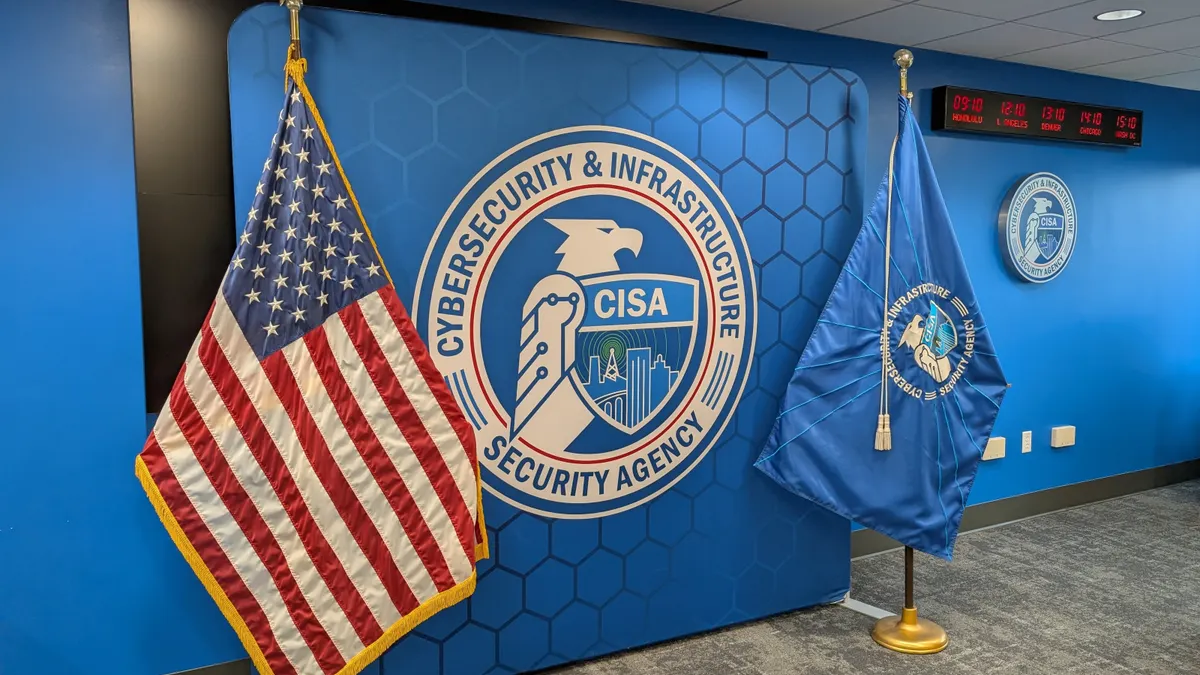

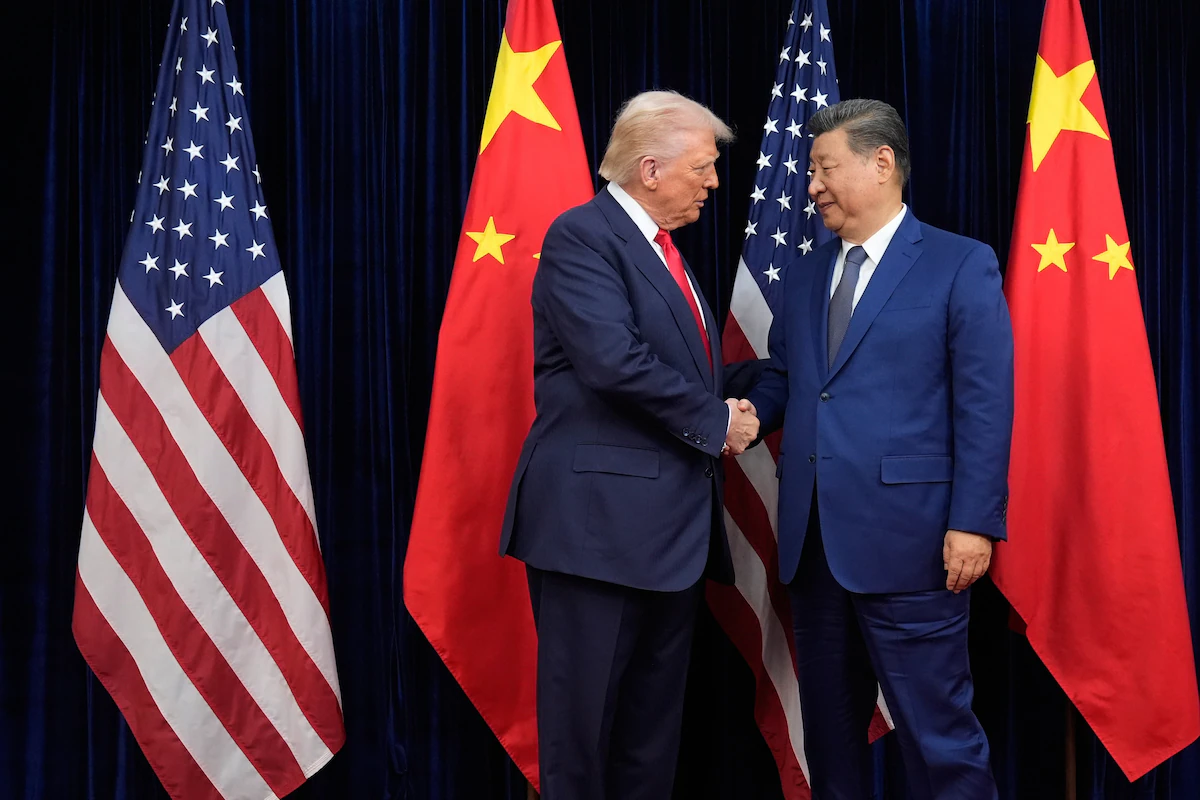


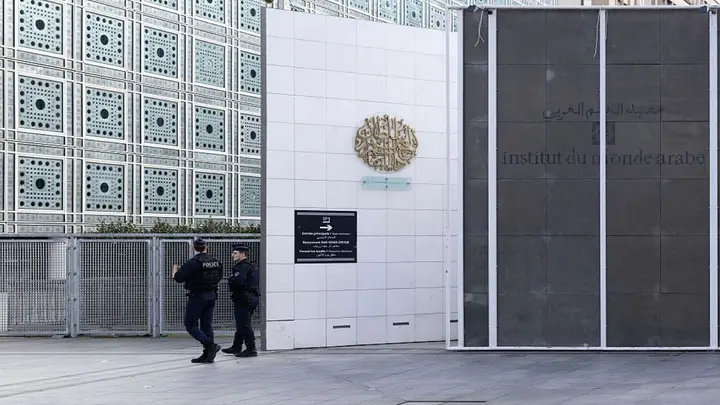


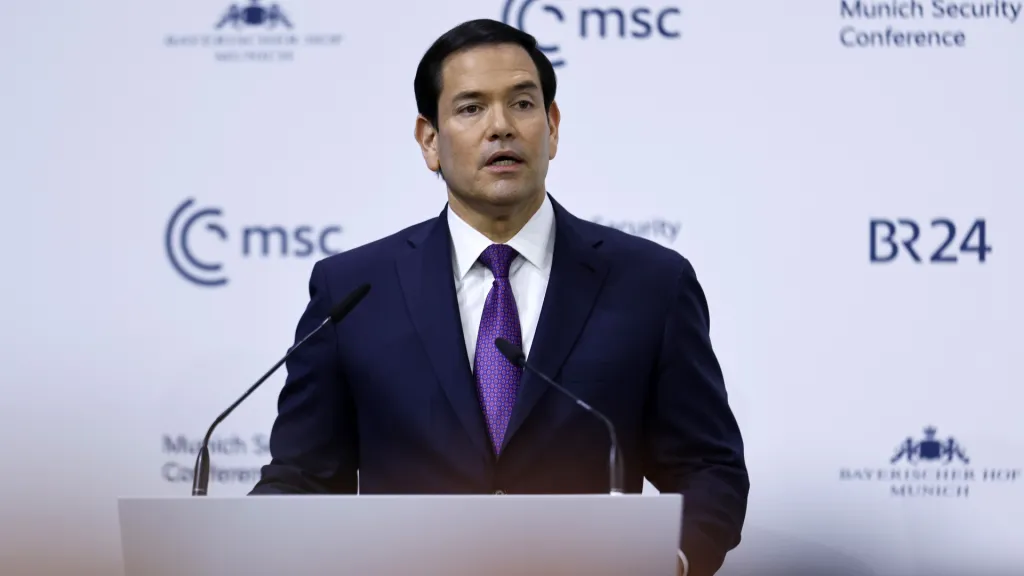
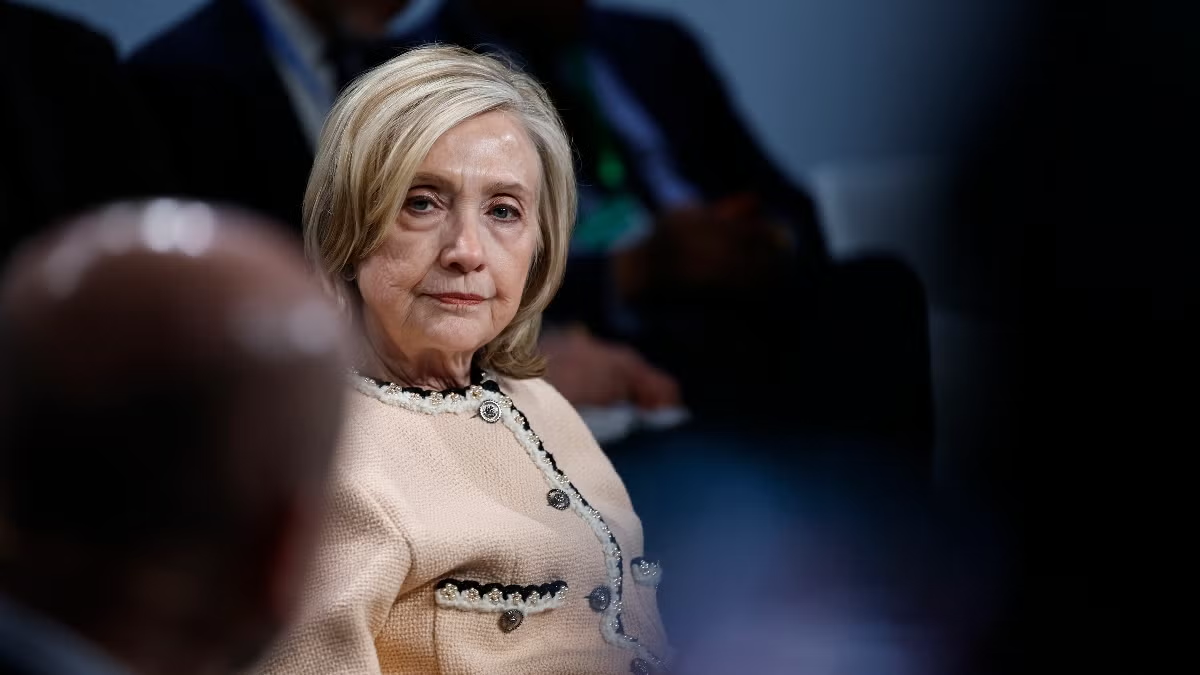

Discussion